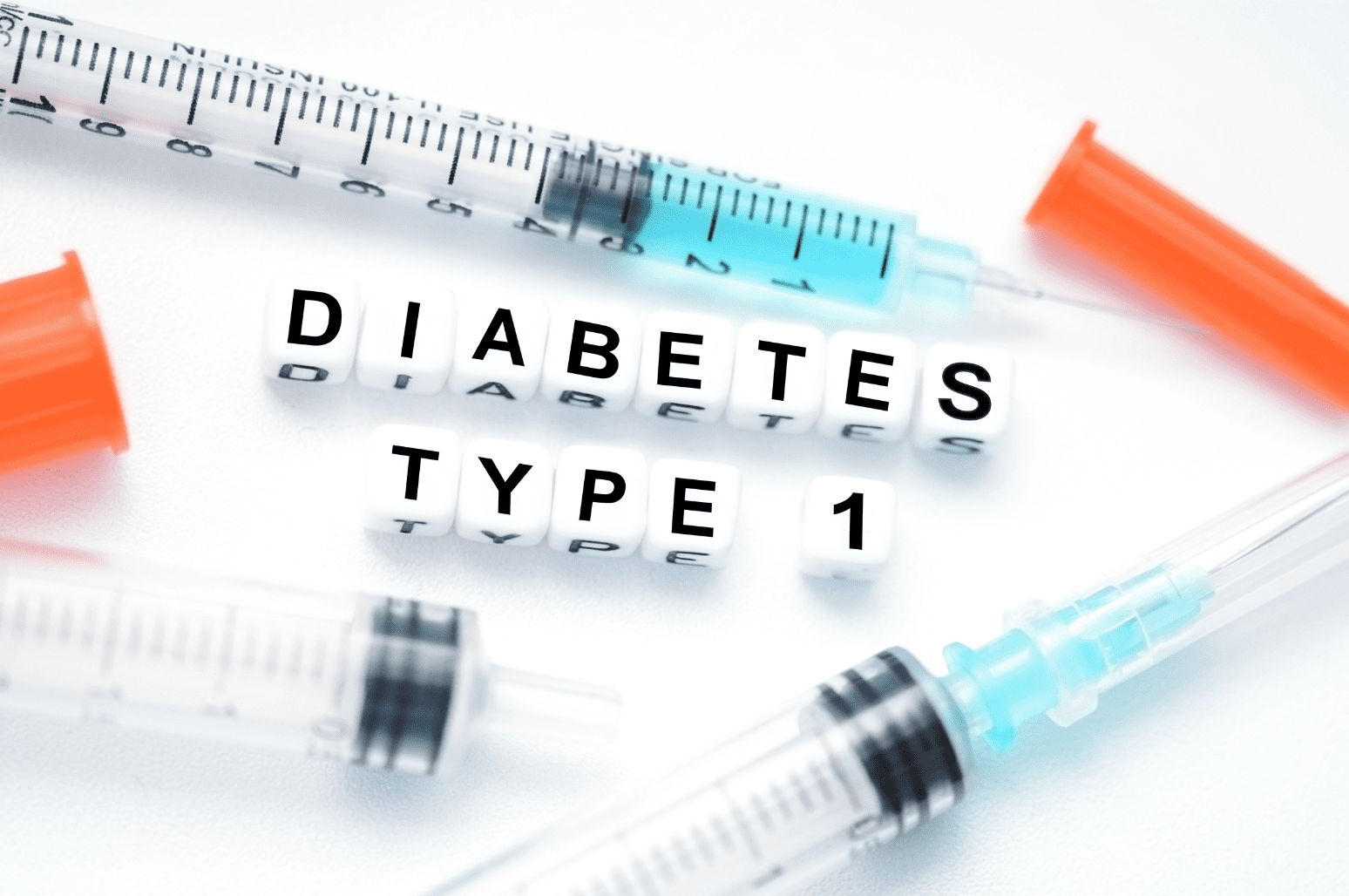
Paper Summary
In September 2019, a paper was published in the Journal of Inherited Metabolic Disease reviewing the therapeutic usage of a ketogenic diet for glucose transport type 1 deficiency syndrome (GLUT1DS).
This paper titled Glucose transporter type 1 deficiency syndrome and the ketogenic diet analyzed 60 case reports, series, and surveys detailing the use of dietary intervention on 270 GLUT1DS patients over the course of 25 years. They concluded that the ketogenic diet is a favorable treatment for GLUT1DS after observing a substantial decrease in associated symptoms with minimal side effects. [1]
Paper Highlights:
- GLUT1DS is a genetic disorder that impairs glucose transport into the brain and reduces glucose availability to neurons.
- Research shows patients following a ketogenic diet may experience significant reductions in epilepsy, movement disorders, and cognitive impairments.
What Is GLUT1 Deficiency Syndrome?
Glucose transporter type 1 deficiency syndrome is an autosomal dominant inherited disorder that is characterized by impaired GLUT1 transporters. GLUT1 proteins are responsible to transporting glucose across the blood brain barrier into the brain. A deficiency in GLUT1 leads to a drastic reduction in fuel for neurons.
When following a standard diet, glucose is the primary fuel source for the brain; this means that when glucose levels decrease, the brain is left starving for energy. Common symptoms of GLUT1DS include seizures, movement disorders, and cognitive impairments.
What Is GLUT1 Deficiency Syndrome?
Glucose transporter type 1 deficiency syndrome is an autosomal dominant inherited disorder that is characterized by impaired GLUT1 transporters. GLUT1 proteins are responsible to transporting glucose across the blood brain barrier into the brain. A deficiency in GLUT1 leads to a drastic reduction in fuel for neurons.
When following a standard diet, glucose is the primary fuel source for the brain; this means that when glucose levels decrease, the brain is left starving for energy. Common symptoms of GLUT1DS include seizures, movement disorders, and cognitive impairments.
How Can the Ketogenic Diet improve GLUT1DS?
Since keto is a low-carbohydrate diet, it naturally reduces glucose availability within the body. This causes a metabolic shift from glucose as a primary fuel source to ketones. Even when glucose transport is impaired, the brain can use ketones for energy because they instead of relying on glucose transporters (specifically GLUT1 within the brain), ketones use monocarboxylate transporters (MCTs).
The literature highly recommends the ketogenic as a nutritional therapy for GLUT1DS because of this ability to provide energy to the brain during times of glucose deprivation. Supplementation with exogenous ketones may also prove beneficial by similarly providing an alternative fuel source.
What Does the Research Say?
This review paper analyzed 25 years work of case studies, series, and surveys to conclude that patients following a ketogenic diet showed significant improvements of GLUT1SD related symptoms. The researchers concluded by advocating for nutritional intervention as a treatment for this disease.
References
Schwantje, M., Verhagen, L., van Hasselt, P., & Fuchs, S. Glucose transporter type 1 deficiency syndrome and the ketogenic diet. Journal of Inherited Metabolic Disorders. 2019, 1-7.









